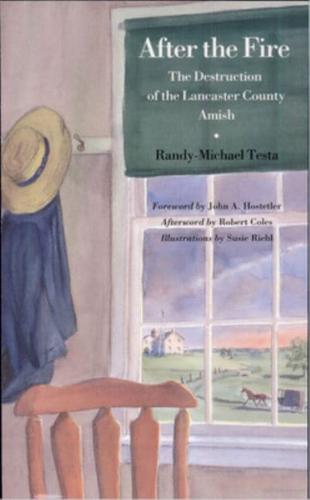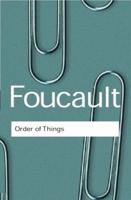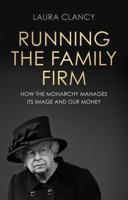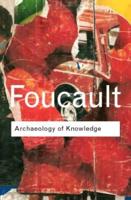Publisher's Synopsis
Lancaster County, Pennsylvania is best known for its abundantly productive farmland and for the Amish and other "Plain People" who have made their home there since colonial times. Now both of these unique features are in danger of being permanently destroyed. "The Garden Spot of America" loses more than 20 acres of farmland every day to accelerated development. And the Amish, with a population that has doubled in the past 20 years and little land left to farm, tired of living in a fish-bowl for five million tourists a year, and frustrated by changing regulations, are moving out. They are going to Kentucky, Tennessee, Indiana -- anywhere to get away from "Amish Country." Randy Testa initially traveled to Lancaster County in the summer of 1988 to research his dissertation, never intending to become involved personally in county affairs. But living with an Amish family that summer he saw firsthand the trials they faced: constant streams of gawking tourists, the daily paving-over of rich farmland, and the greed and complicity of local officials. Realizing that the quiet, nonresistant Amish would not fight against these destructive influences, Testa felt called to speak out on their behalf. Thus began the continuing moral journey that is at the heart of After the Fire. It is a story of family and farming, community and faith, morality as practiced by the Amish in daily life. And, ultimately, it is about our own world, for as Testa writes, we must look to the Amish to"point out how far we have strayed." The book is illustrated with 20 charcoal drawings by Amish artist Susie Riehl. The drawings are as understated as the Amish themselves, simple yet striking sketches from within a threatened world. In this final decade of the twentieth century, a life-and-death struggle is being played out in Lancaster County: between land speculation and land stewardship, between material wealth and moral worth, between unrestrained growth and"the ties that bind." The Amish are at the center of the conflict, trying to maintain their unique community in the face of increasing encroachment from the outside. Randy Testa stands as a witness to their struggle, telling "the story of a people on the verge of conflagration.".










